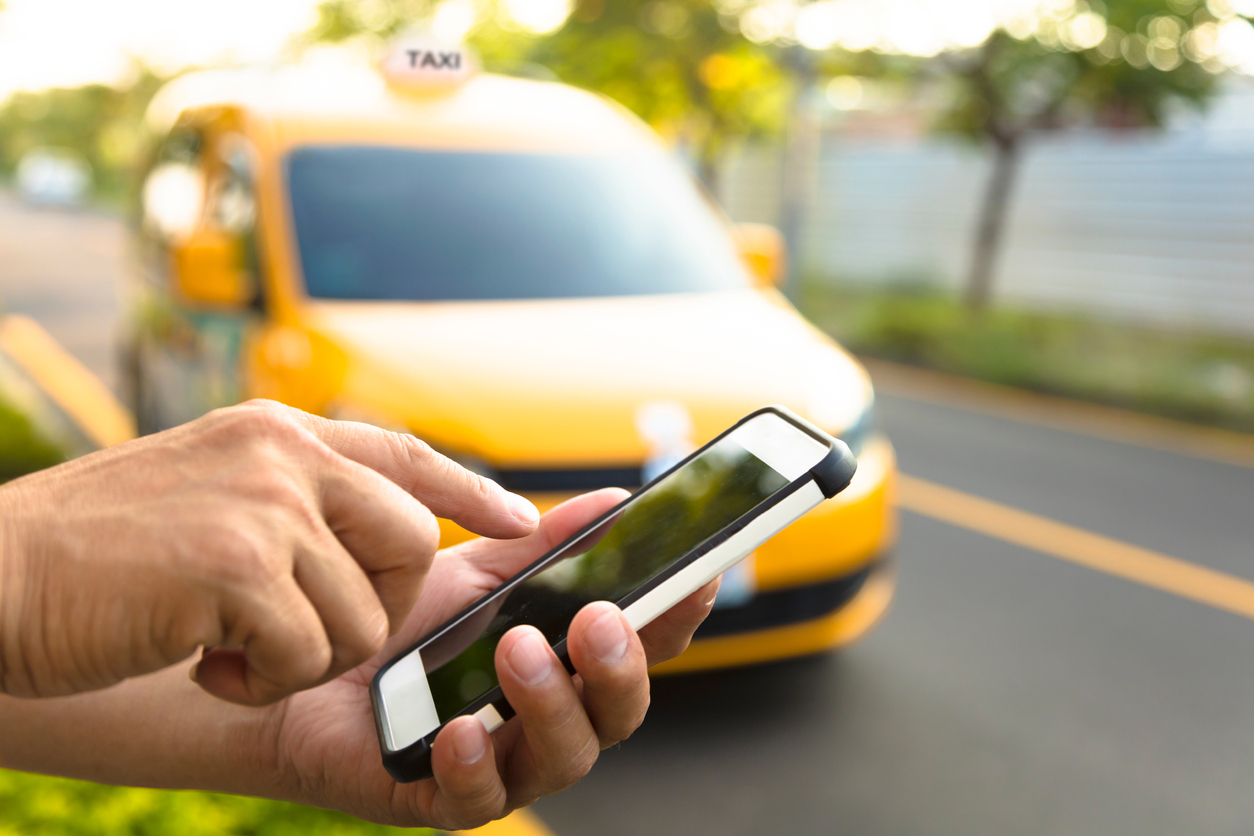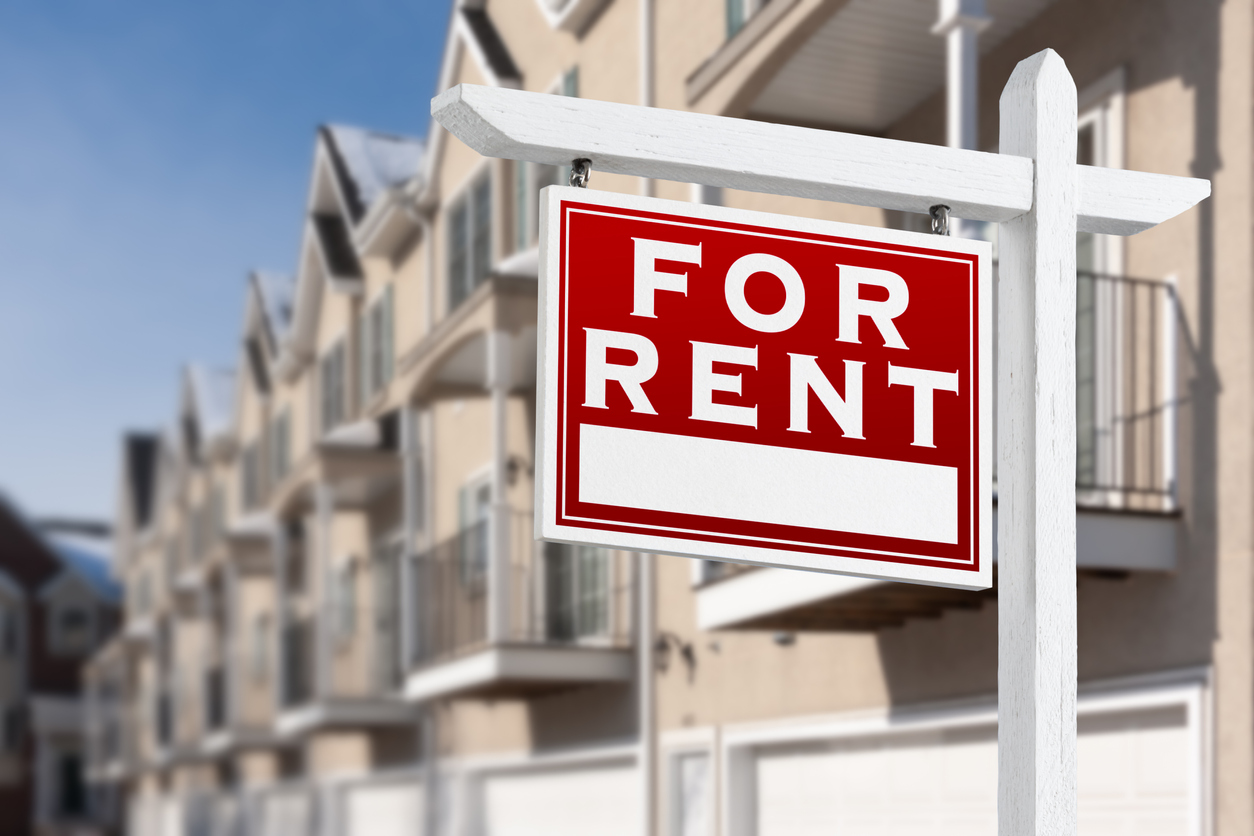Seattle is at it again. Not satisfied with trying to stifle transportation options provided by Uber and Lyft with overburdensome regulations, they have just added a new $0.57 tax to every ride and raised minimum wage to $16 for the drivers starting next year on July 1st. Of course, all of these costs will be passed on to riders.
The city’s involvement is an overreach, as this service should be market-driven.
Uber, Lyft and the other transportation networks (TNC’s) are successful because they provide a convenient, needed service at low cost.
It’s a classic case of burdensome government regulation versus a free market system. TNCs have been a disrupting influence on the more traditional, government regulated taxi industry. As we have seen the rise of TNCs like Uber and Lyft, the taxi companies, due to the additional regulations they have to follow, are finding it difficult to compete.
Seattle officials are trying to figure out how to fix the problem they created with the taxi medallions (the license someone needs to drive a cab in Seattle) that have plummeted in value after TNCs came to town. The medallion value drop, unfortunately, has put many of the taxi drivers in significant debt as they try to repay the loans they took out to buy the medallion so that they could drive a cab in Seattle. Using a limited supply of medallions, Seattle was able to create a false supply and demand market that collapsed in when Uber and Lyft started operating in the city.
In a typical big government response, Seattle is now trying to fix this problem through more government regulation and taxes. Additionally, the City is facing a budget shortfall in many areas, including its over-budget, heavily-subsidized streetcar project, and wants to use the tax burden it places on Uber and Lyft to make up the shortfall.
Ironically, the increased taxes will be spent on policies that reduce the demand for the services provided by Uber and Lyft. Seattle officials imposed the tax despite Uber’s recent efforts to cozy up to the city by supporting a congestion pricing scheme, which they knew would ultimately harm mobility for ordinary families.
With Seattle’s new tax, the only winners are bureaucrats and politicians – not Uber or Lyft, and certainly not commuters.






